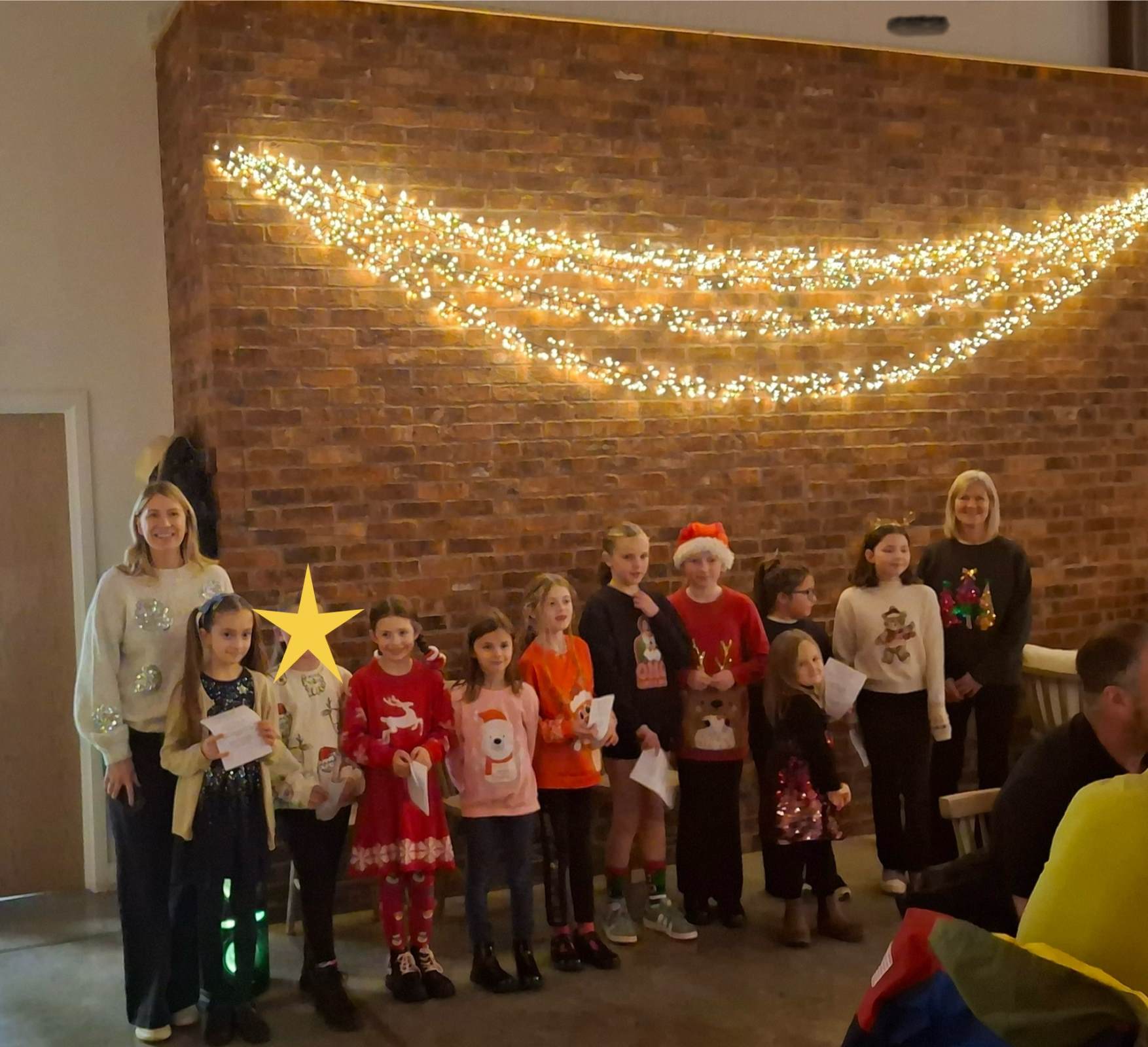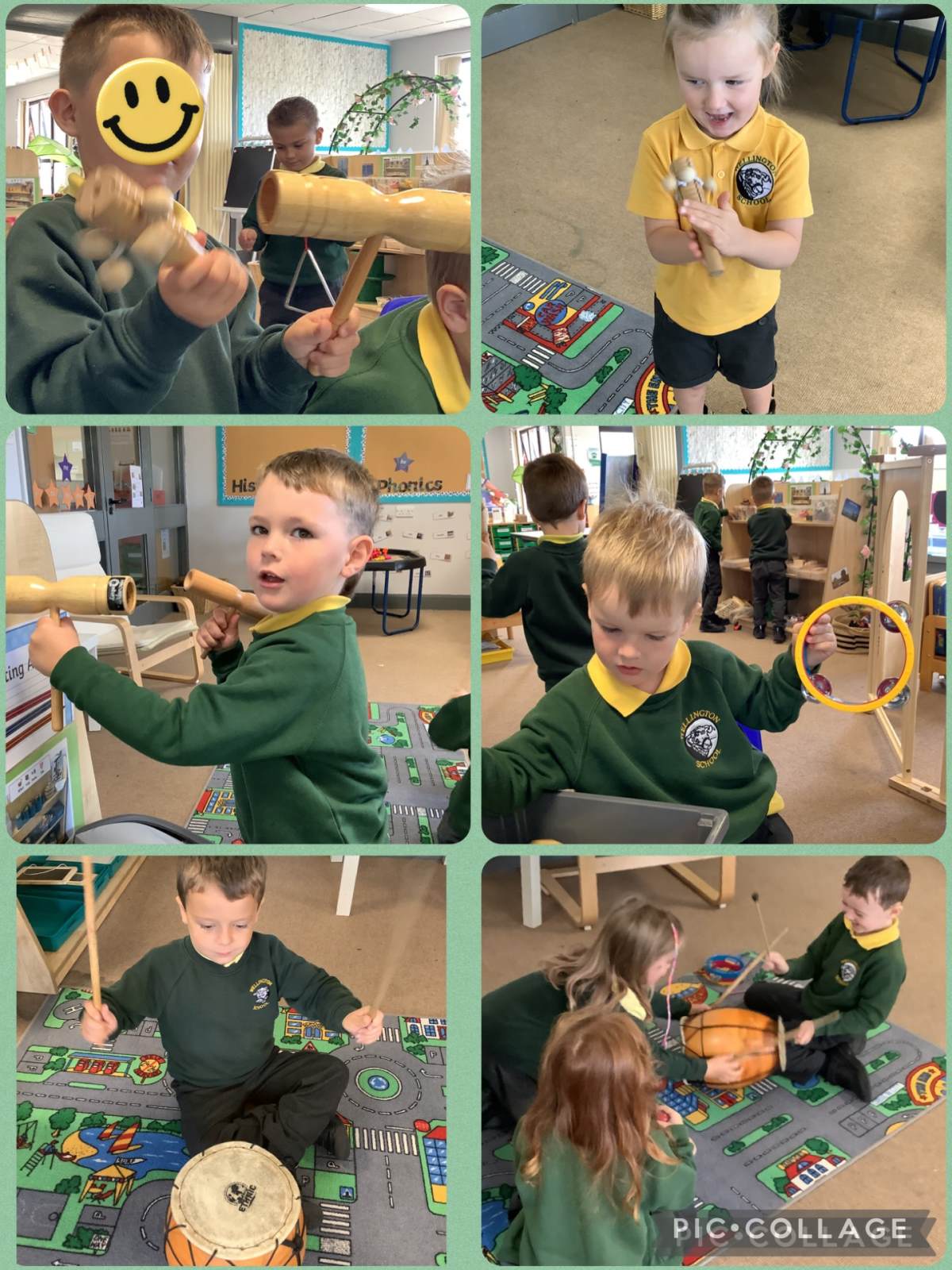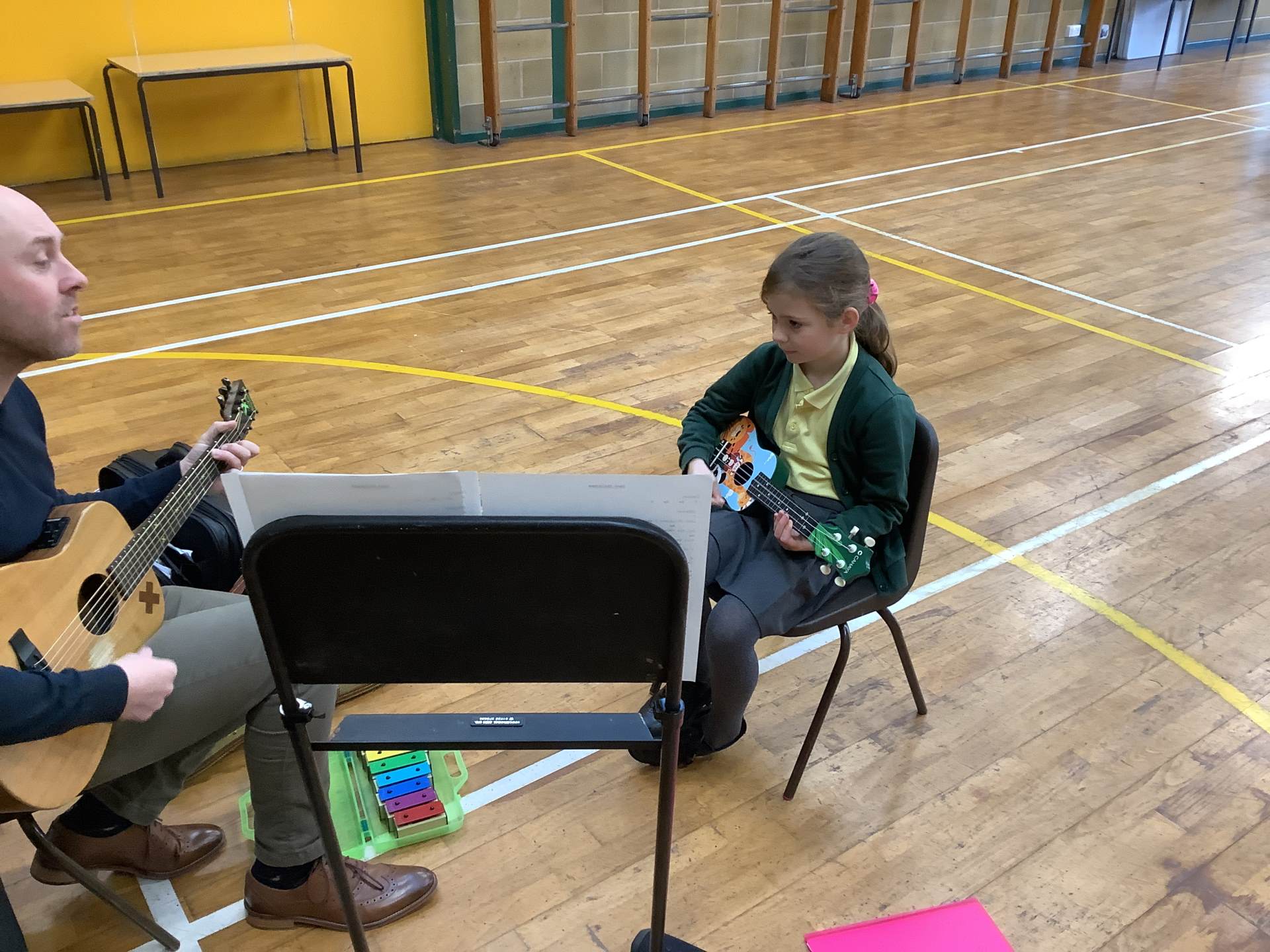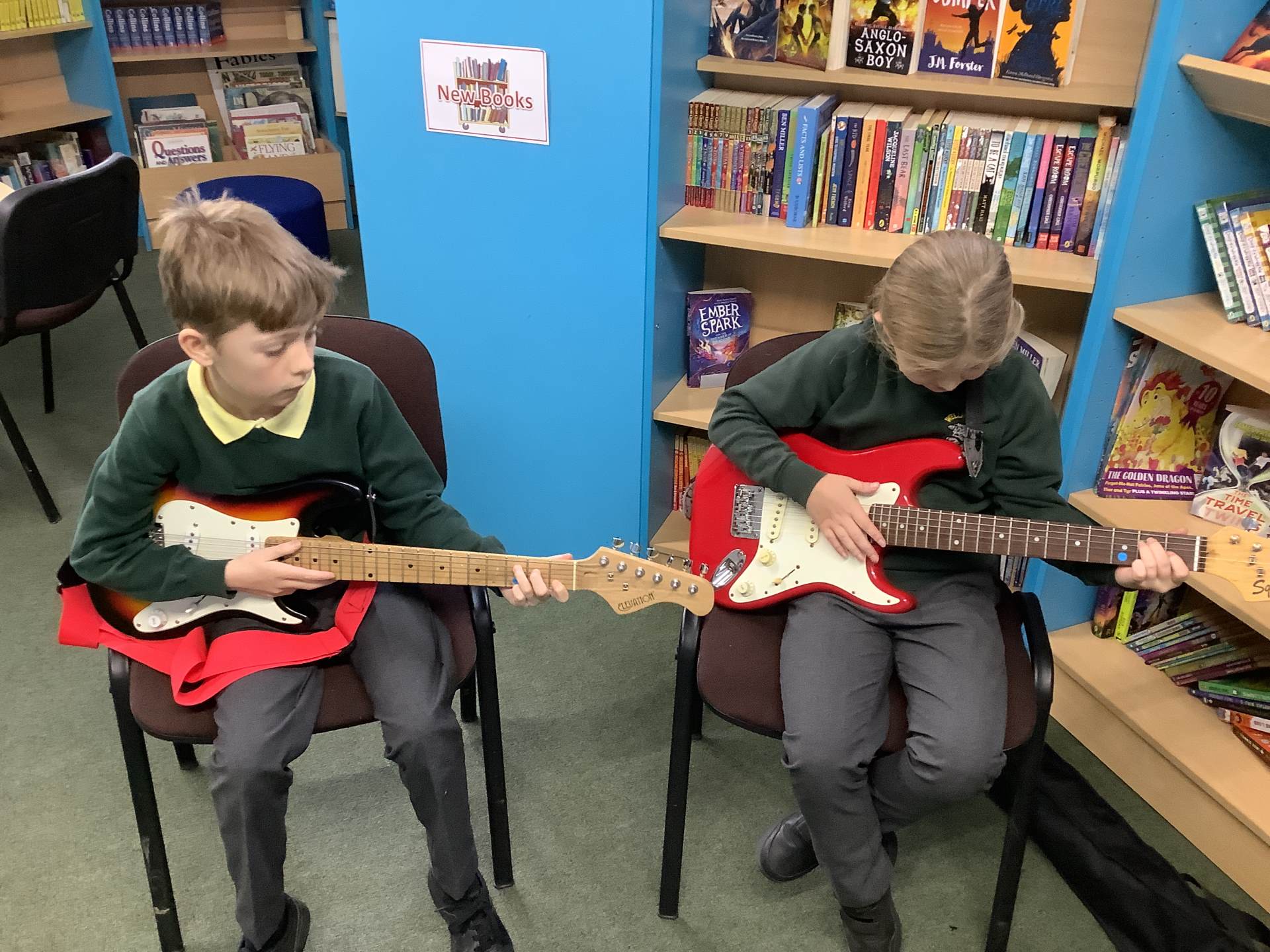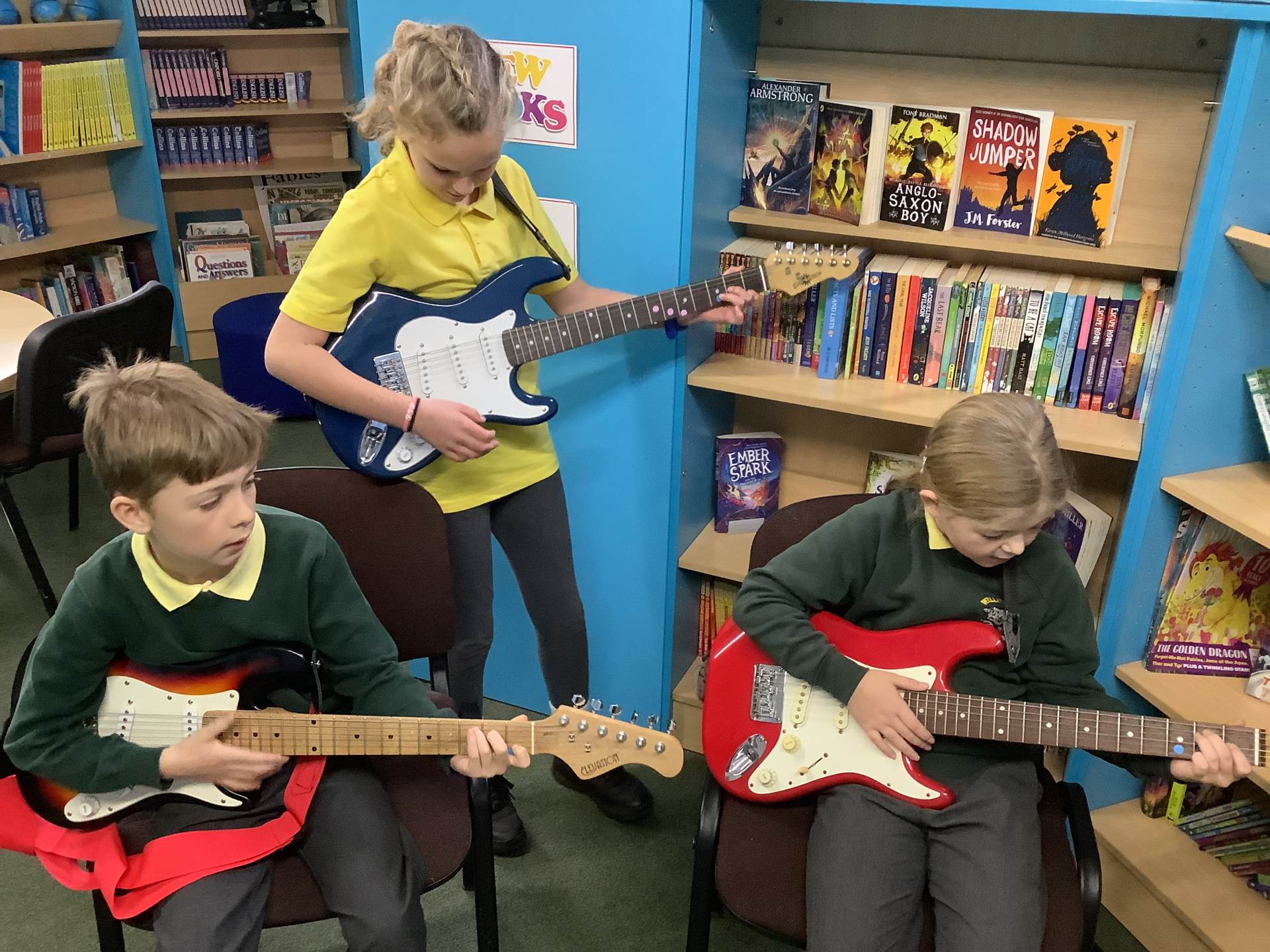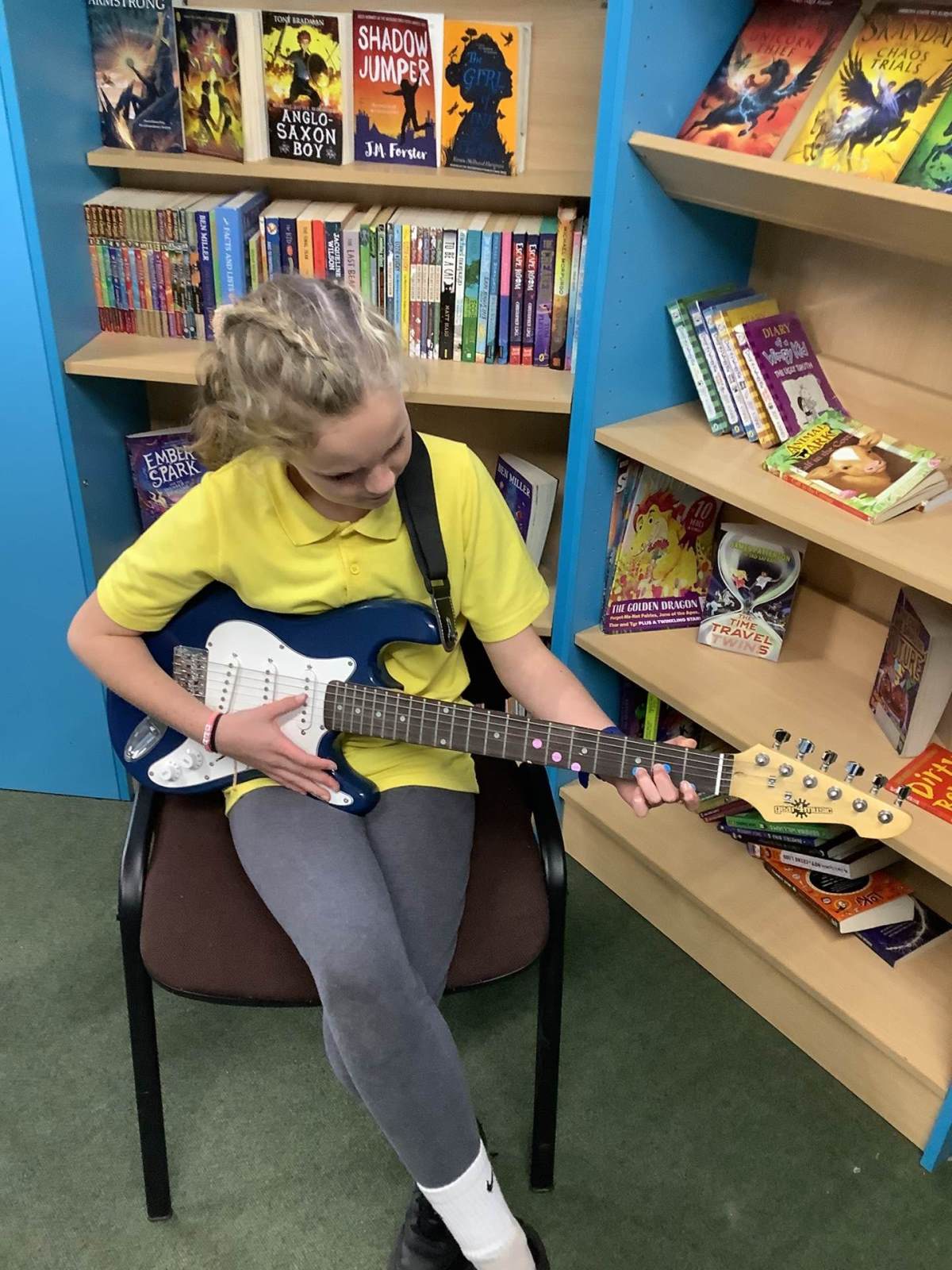Music
At Fern Academy Trust our intent is to provide pupils with diverse opportunities to engage in and explore the rich tapestry of music and drama. Through a range of experiences, we aim for all pupils to immerse themselves in performance arts, enhancing their appreciation of historical and contemporary compositions while developing their voices for school productions. We encourage creativity, enabling every child to create and compose music individually and collaboratively. In our Early Years Foundation Stage (EYFS), we implement play-based learning, ensuring all pupils establish a strong foundation in musical and dramatic skills. In KS1 and KS2 understanding the foundational concepts of music—such as pitch, dynamics, and tempo—is essential, as is the exploration of drama through role adoption and improvisation. We teach using Charanga’s New Model Music Scheme which is a spiral curriculum where the key musical skills and learning are repeated across the Units of Work. This repetition enables more secure, deeper learning and mastery of musical skills across a breadth of repertoire. By involving professional musicians and offering instrumental lessons, we ensure our pupils embark on a journey of progression, thereby fostering self-confidence and collaboration while linking our teaching to culturally significant musicians and playrights from the UK and beyond.
At Fern Academy Trust, our music department is esteemed for its outstanding vocal and instrumental achievements. We foster a love for music across all ages, involving children from the youngest to the oldest in a vibrant tapestry of genres. Our school choir, comprising members aged 7 to 11, regularly performs within the local community, bringing joy through a diverse repertoire that includes traditional hymns, popular favourites, and songs from theatrical productions.
Over the past ten years, we have participated in significant events like the Young Voices concerts evensong at Hereford Cathedral, as well as collaborative performances with Hereford Cathedral School and Sing Spring with larger schools.
Whole-school singing is an integral part of life at Fern Academy Trust. Our school choir delighted residents at our local care home with performances as well as performing at All Saints Church, demonstrating our commitment to sharing music beyond our school walls. Each year, the children showcase their talents through various productions, including the Reception, Year 1 and Year 2 Nativity, Year 3 Easter production, Year 4 Harvest celebration, Year 5 at Young Voices and the Year 6 end of year show.
From an early age, musical talents are nurtured through extracurricular activities led by our skilled music specialists. Some children also receive piano lessons, enhancing their instrumental skills. Our musicians regularly have the chance to perform for friends and families at school concerts and events held in All Saints Church our Music Maestro Concert.
In our well-equipped music facilities, we have a range of tuned and untuned percussion instruments. The Year 3 and Year 4 students benefit from "Wider Opportunities" sessions, conducted by specialised teachers from Encore our Herefordshire Music Service, ensuring that each child's passion for music is encouraged and developed.
Intent
Our intent is to ensure that all pupils have the opportunity to:-
- play with and experience music and drama within the environment.
- perform, listen to, review and evaluate music/drama performances across a range of historical periods, genres, styles and traditions, including the works of great composers and musicians.
- sing and use their voices, to perform in school productions.
- create and compose music on their own and with others.
- learn a musical instrument, use technology appropriately and have the opportunity to progress to the next level of musical, as well as dramatic performance excellence.
- understand and explore how music is created, produced and communicated, including through the inter-related dimensions: pitch, duration, dynamics, tempo, timbre, texture, structure and appropriate musical notations.
- participate in and gain knowledge, skills and understanding associated with the artistic practice of drama.
- adopt, create and sustain a range of roles, responding appropriately to others in role.
- improvise, devise and script drama for one another and a range of audiences.
- rehearse, refine, share and respond thoughtfully to drama and theatre performances.
Implementation
Our curriculum matches the intention by giving sufficient time to music and drama performance to enable pupils to meet the expectations set out in the National curriculum programme of study through the use of Charanga. This promotes progression by providing a clear and comprehensive scheme of work. Music planning is appropriate for the needs of our children; it challenges them and builds on previous learning. To further enhance musicianship, drama performance and creativity, children take part in singing assemblies, music and drama clubs, concert and performance experiences, visiting workshops and informal visits throughout the year. Professional musicians work with appropriate year groups termly. Children are given the opportunity to learn an instrument from peripatetic musicians to widen their understanding of musical structures and instruments.
The children progress their skills in drama in line with national curriculum objectives outlined in the English strands including speaking and listening and performance poetry. Music and drama are used to support the wider curriculum to improve listening skills, stimulate the imagination and creativity, focus the mind, improve self- confidence, aid memory, encourage collaborative learning and challenge viewpoints.
Our curriculum, links appropriately selected musicians, playwrights and producers from the United Kingdom, our local area and many other parts of the world. Differentiation is supported through the complexity of musical instruments; adjusting teaching to suit different abilities; using content, material and time spent as well as differentiating instructions. This may be through presenting more complex musical principles in different ways or through hearing or visual prompts. Drama is differentiated through aptitude of speaking and listening; delivering parts appropriate to their developmental need; confidence and their engagement in a topic.
Specific to EYFS, children will learn the skills outlined through play scenarios, repetitions of nursery rhymes and role play areas in continued provision and access to musical instruments within the environment.
Impact
- Music and drama performance, subject knowledge and skills are consolidated by using a well-planned scheme which builds upon previous understanding and ability and skill sets. These are revisited frequently by successive year groups to ensure children maintain gradual progression.
- Music and drama performance gives children the opportunity to gain a sense of achievement.
- Children use their skills in cross curricular subjects to become self- aware, self-confident, collaborative learners. These skills allow them to become educated citizens with a well-rounded understanding of culture and history, which relates to students individually as well as societies across the world.
- In EYFS, children’s learning is supported by listening and appraising, creating sound effects with toys and forming opinions on genres of music and performance.
- By using assessment, questionnaires and surveys (by pupils and staff) and by talking to children, the quality of lessons and confidence in the teaching of music improves and as a result the enjoyment and positive outcomes increase.
